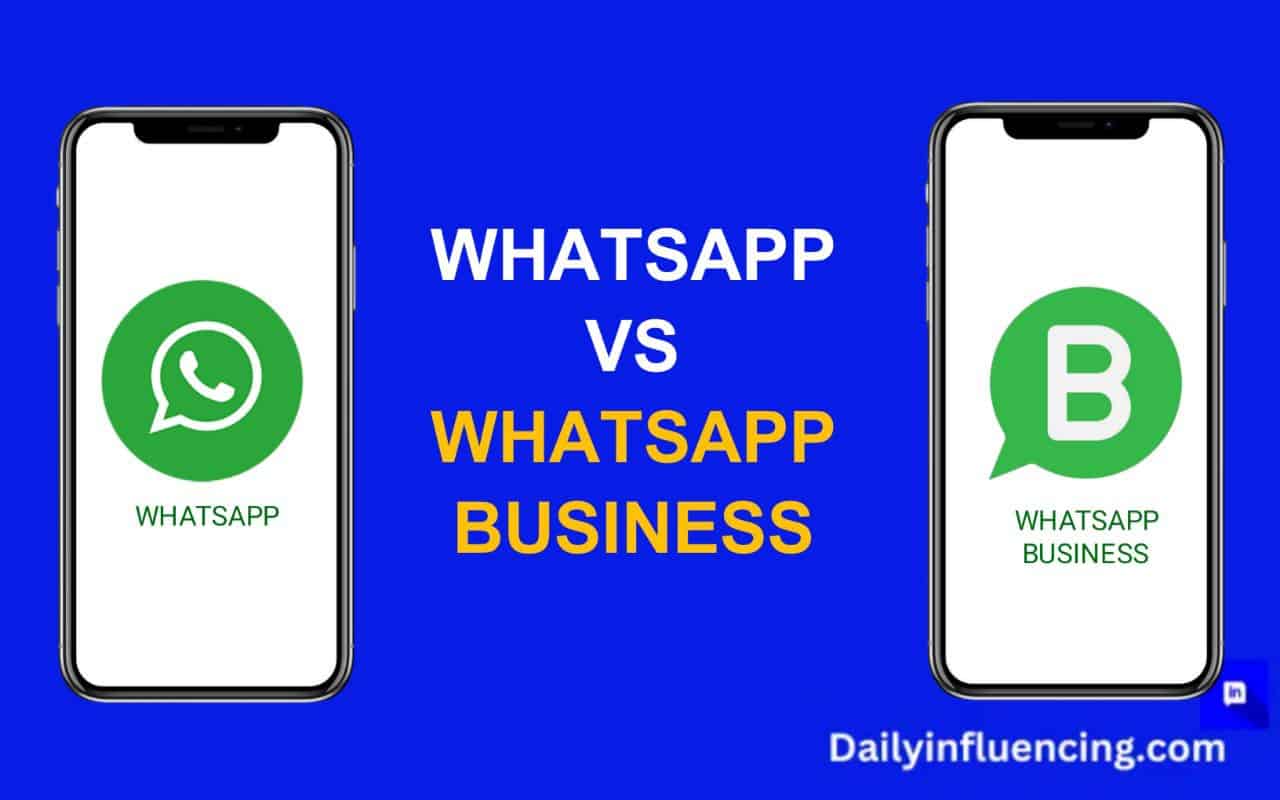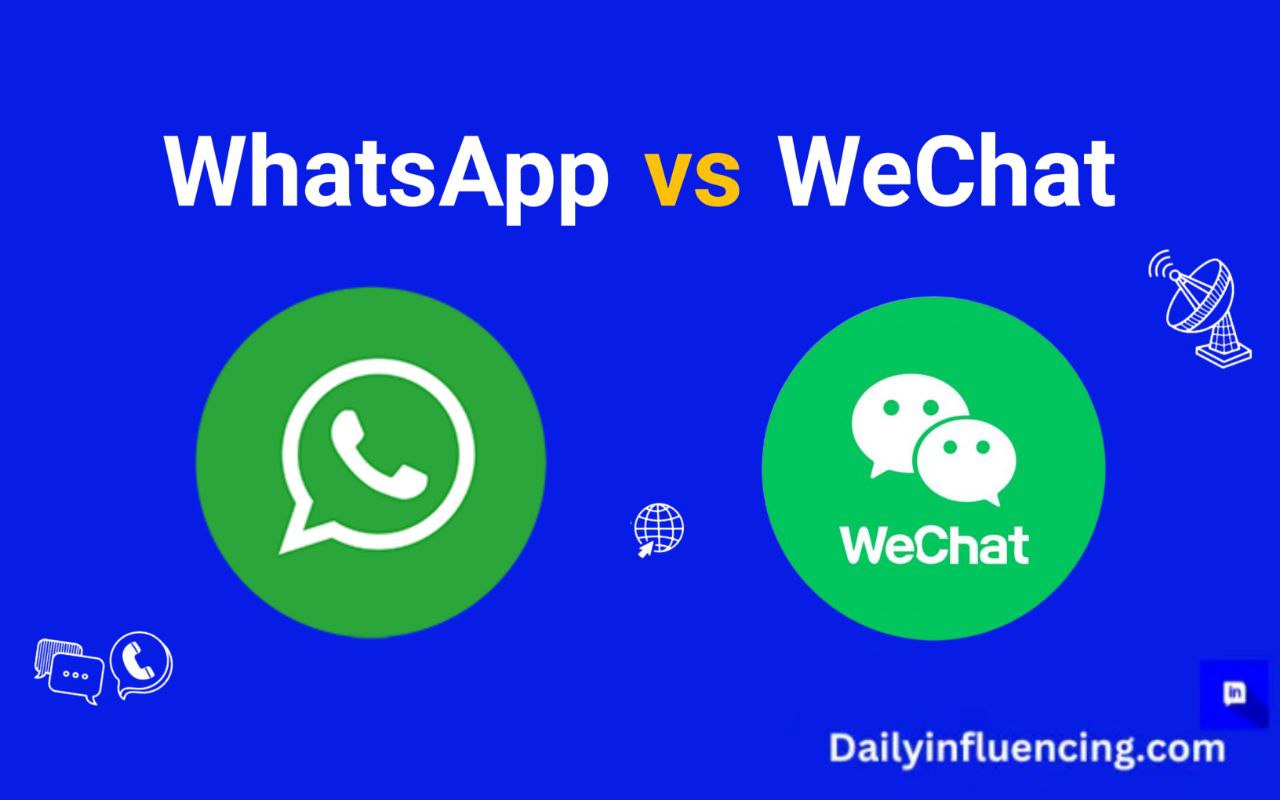Choosing from WhatsApp Vs. telegram for your business or brand marketing can be confusing. In our day today, communication is at the heart of every successful business strategy. Social media platforms and messaging apps have taken center stage in how businesses connect with their customers. Among these apps, WhatsApp and Telegram stand out as two of the most popular tools for business marketing.
But which one is truly better for your business? To answer this question, we need to dive deep into what each platform offers and how they compare in terms of features, audience reach, and marketing potential.
Both apps are versatile and powerful in their own right, but choosing between these apps depends largely on your business needs.
In this comprehensive guide, we’ll explore the strengths and weaknesses of each app, helping you make an informed decision. Whether you’re a startup or an established brand, this article will help you determine which platform can elevate your marketing efforts.
So, read further, and let’s uncover the details of WhatsApp vs. Telegram for your business marketing.
Understanding WhatsApp And Telegram
Before diving into the specifics of these applications, it’s important to understand what makes each platform unique.
What Is WhatsApp?
Launched in 2009, WhatsApp is a messaging app with over 2 billion active users worldwide. Owned by Meta, WhatsApp is known for its simplicity, secure communication, and broad usage. It allows users to send text messages, voice notes, and files, and make audio or video calls. Businesses use WhatsApp to connect with customers, share updates, and provide personalized support.
What Is Telegram?
Telegram, on the other hand, is a cloud-based messaging app launched in 2013. With over 800 million monthly active users, it also focuses on speed, security, and innovation. Unlike WhatsApp, Telegram supports larger file sharing, extensive group sizes, and public channels, making it a favorite among businesses with diverse needs.
While both platforms serve similar purposes, the differences in features, user base, and functionality make the debate of WhatsApp vs. Telegram a compelling one.
Feature Comparison: WhatsApp vs. Telegram
When comparing both apps, their features play a vital role in determining which is better for business marketing. Here’s how they stack up:
User Base And Reach
WhatsApp: With a massive global user base, WhatsApp offers businesses easy access to potential customers. It’s particularly popular in regions like Africa.
Telegram: Although smaller in terms of user numbers, it’s audience is tech-savvy and spread across various niches, especially in Europe, the Middle East, and parts of Asia.
Opinion: WhatsApp for broader reach; Telegram for niche audiences.
Group And Channel Capabilities
WhatsApp: Business accounts can create groups with up to 1,024 members. WhatsApp also offers broadcast lists, allowing businesses to send messages to multiple contacts simultaneously.
Telegram: This app’s group limit is a staggering 200,000 members, and its public channels have no member cap, making it ideal for large-scale audience engagement.
Opinion: Make use of telegram for scalability.
Messaging Features
WhatsApp: WhatsApp Business enables businesses to use automated replies, catalogs, and QR codes for seamless communication. However, customization options are limited.
Telegram: This shines with features like bots, advanced search filters, polls, and scheduling messages. Its customization potential is unmatched, allowing businesses to create tailored experiences.
Opinion: Use telegram for advanced messaging features.
File Sharing
WhatsApp: File sharing on WhatsApp is limited to 2GB per file.
Telegram: This supports file sizes up to 4GB, making it ideal for sharing large videos, presentations, or datasets.
Opinion: Telegram is better for larger file sharing.
Privacy And Security
WhatsApp: With end-to-end encryption by default, WhatsApp ensures secure communication. However, it requires a phone number to sign up, which may deter privacy-conscious users.
Telegram: This provides end-to-end encryption only for its Secret Chats. However, it doesn’t require a phone number for all functionalities, adding an extra layer of privacy.
Opinion: Tie—WhatsApp for encryption, Telegram for privacy options.
Advantages Of WhatsApp For Business Marketing
Widespread Adoption: WhatsApp’s large user base ensures businesses can reach customers in their comfort zone.
WhatsApp Business Features: Tools like quick replies, to automated messages, and product catalogs make customer engagement easier.
Secure Communication: End-to-end encryption ensures that conversations remain private and secure.
Best Cases To Use WhatsApp:
Use WhatsApp when building personal relationships with your customers.
Sending appointment reminders, order updates, and personalized promotions.
Advantages Of Telegram For Business Marketing
Massive Group Sizes: This app’s 200,000-member group limit allows businesses to manage large communities effectively.
Public Channels: Brands can broadcast messages to unlimited followers, making the app a powerful tool for content marketing.
Bots and Automation: This bots can handle complex tasks like booking appointments or collecting feedback.
Best Cases To Use Telegram:
When sharing valuable content with a large audience, use telegram.
Automating tasks with bots.
Promoting digital products and services.
Key Similarities: WhatsApp vs. Telegram
Both platforms allow multimedia sharing, including images, videos, and documents.
Both support group chats and direct messaging.
Both are available across mobile and desktop devices.
Between WhatsApp And Telegram Which Platform Should You Choose?
The choice between the two apps boils down to your business goals. If you’re focused on personalized, one-on-one customer engagement, WhatsApp is the better choice. On the other hand, if your strategy involves mass communication, community building, or automation, Telegram is the way to go.
How To Maximize Business Marketing On WhatsApp And Telegram
Leverage Automation: Use tools like chatbots to handle repetitive tasks.
Create Engaging Content: Share valuable tips, tutorials, or exclusive deals to keep your audience hooked.
Analyze Metrics: Track open rates, click-through rates, and engagement levels to optimize your strategy.
Conclusion: WhatsApp vs. Telegram—A Tough Choice
Choosing between WhatsApp vs. Telegram for business marketing isn’t easy. Both platforms offer unique features that cater to different marketing needs. WhatsApp is perfect for businesses seeking personalized communication with a global audience, while Telegram excels in scalability, automation, and innovation.
Ultimately, the best platform is the one that aligns with your business goals and target audience. If possible, consider using both apps strategically to enjoy the best of both worlds. By doing so, you can maximize your reach, build stronger relationships, and take your business marketing to the next level.
Now that you understand the key differences, which platform will you choose—WhatsApp or Telegram?
Frequently Asked Questions On WhatsApp Vs. Telegram
Which is better for business, Telegram or WhatsApp?
WhatsApp’s more precise functions, a more significant number of users, and extensive security features are the most effective options for businesses
Telegram has much more user data privacy and company transparency than Signal. Telegram is more secure and more precise than WhatsApp.
What is the advantage of Telegram over WhatsApp?
This app offers limitless storage. That means all the text messages, media files & documents of the users will be saved on cloud. Users can log in and log out multiple times from several devices simultaneously without the fear of losing their data.
Why do businesses choose the WhatsApp Business app?
It helps to reach many people at once
In the WhatsApp Business app, businesses can use WhatsApp Channels or broadcasts to reach multiple users. Channels are great for sending one-way push communications like newsletters or updates, while broadcasts let you send a message to a group of up to 256 unique contacts.









